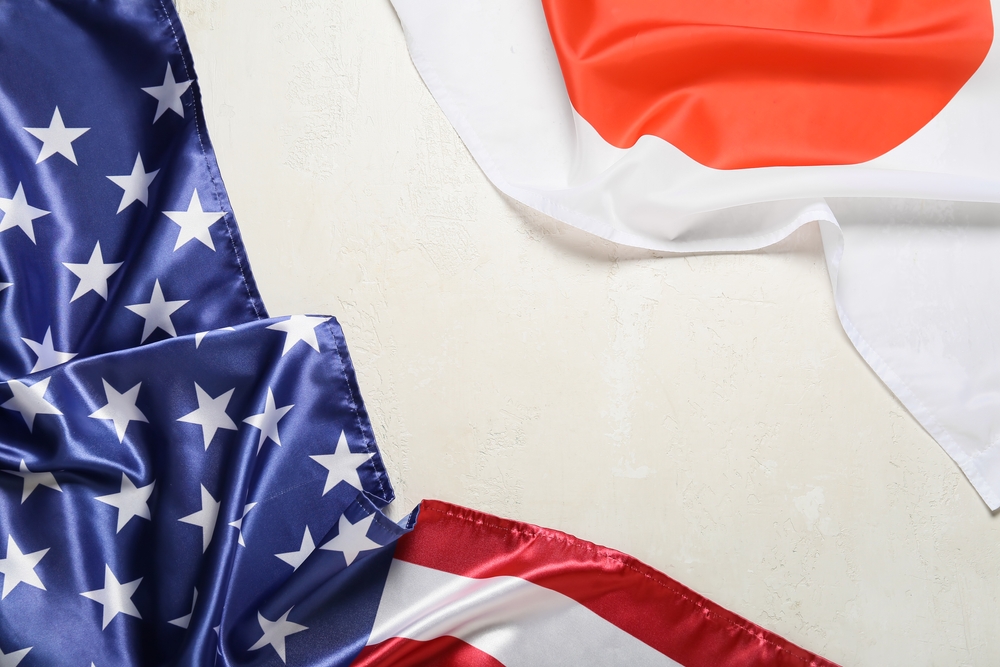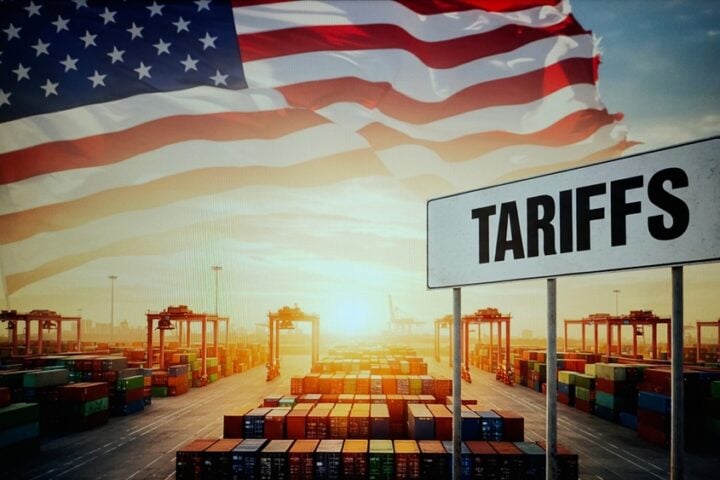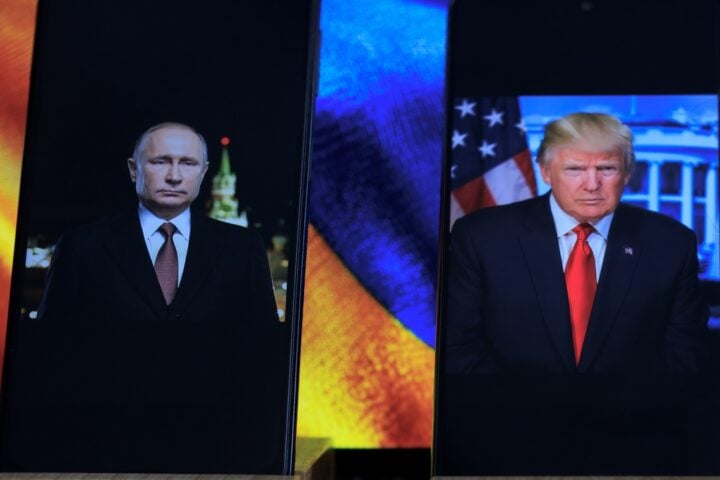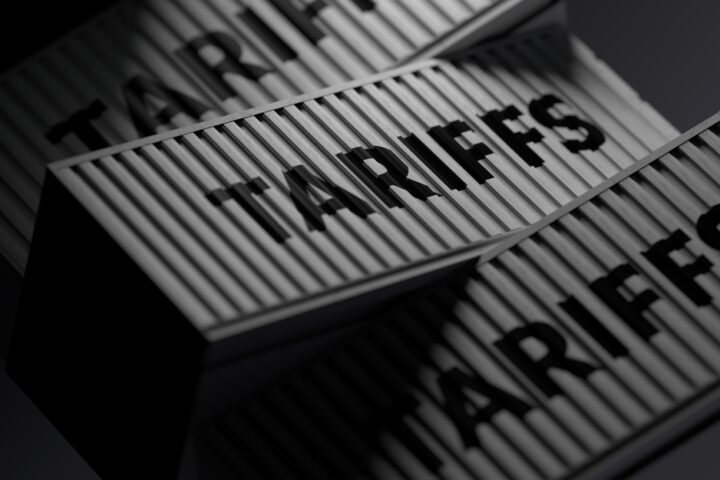President-elect Donald Trump has reaffirmed his opposition to the acquisition of U.S. Steel by Japanese firm Nippon Steel Corp., pledging to block the deal if necessary. Trump criticized the proposed merger on Truth Social, stating, “I am totally against the once great and powerful U.S. Steel being bought by a foreign company.”
Trump promised to use tax incentives and tariffs to strengthen the U.S. steel industry, ensuring U.S. Steel remains domestically owned and operated.
Bipartisan Resistance
President Joe Biden has also voiced opposition to the deal, citing national security concerns. The Committee on Foreign Investment in the United States (CFIUS) is currently reviewing the transaction. This federal body can recommend blocking deals that threaten U.S. security interests.
The proposed acquisition carries political weight, particularly in Pennsylvania, a swing state that Trump won in the November election. Biden had earlier supported the United Steelworkers (USW) union in rejecting the deal.
Arguments For and Against the Deal
Opposition
- United Steelworkers oppose the deal, citing risks to U.S. economic and national security. The union’s statement emphasized the importance of a robust domestic steel industry for national defense.
- Bipartisan lawmakers, including incoming Vice President JD Vance, have criticized the deal, accusing the government’s opposition of being politically motivated.
Support
- Nippon Steel argues that it is the only company capable of making the necessary investments to strengthen U.S. Steel.
- U.S. Steel itself supports the acquisition, highlighting its potential benefits for employees, investors, and local communities.
- Some workers and local officials, including West Mifflin Mayor Chris Kelly, have expressed support for the deal after meeting with Nippon Steel executives.
Trump’s Vision for U.S. Steel
Trump’s renewed commitment to bolstering U.S. Steel echoes his campaign promise to “Make American Steel Great Again.” His statement came shortly after Nippon Steel executives visited Pittsburgh and Washington in a bid to secure support for the deal.
Nippon Steel has offered a series of commitments, including:
- A $1.4 billion investment in U.S. Steel facilities.
- A pledge not to conduct layoffs or close plants during the labor agreement’s term.
- Promises to safeguard U.S. Steel in international trade matters.
Despite these assurances, Trump remains steadfast in his opposition, signaling a focus on protecting American industry and preserving jobs in the domestic steel sector.
The future of U.S. Steel hangs in the balance as political leaders, industry stakeholders, and workers weigh the implications of Nippon Steel’s proposed acquisition. Trump’s stance highlights his intention to prioritize economic nationalism, while the ongoing review by CFIUS and bipartisan resistance adds further uncertainty to the deal’s outcome.







